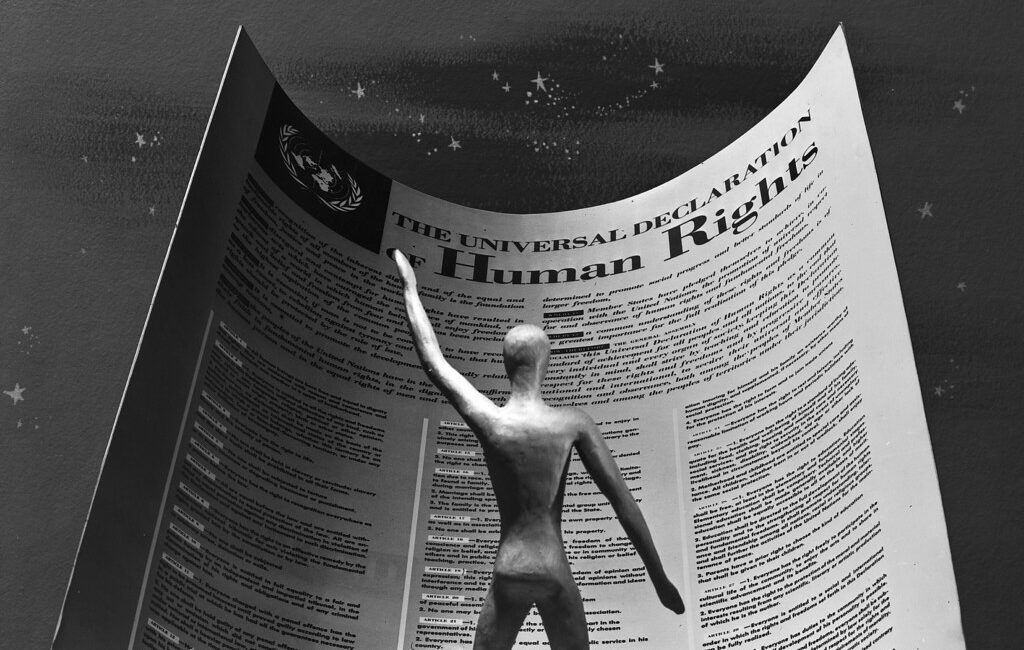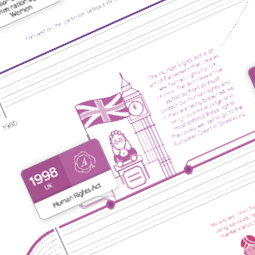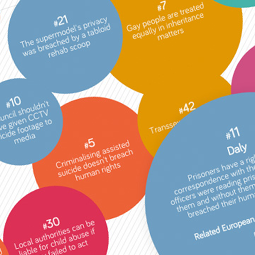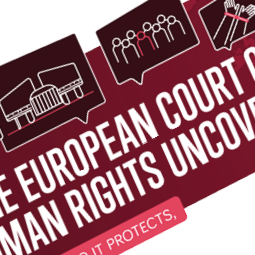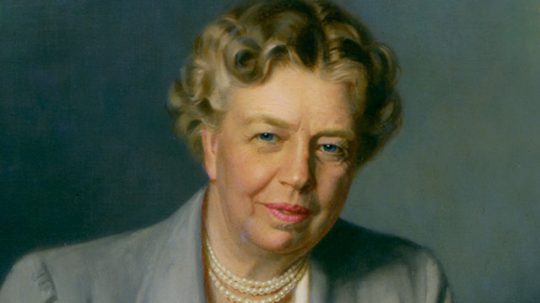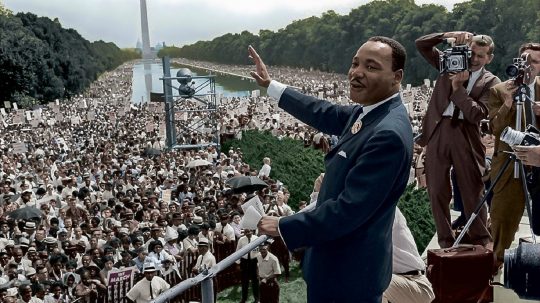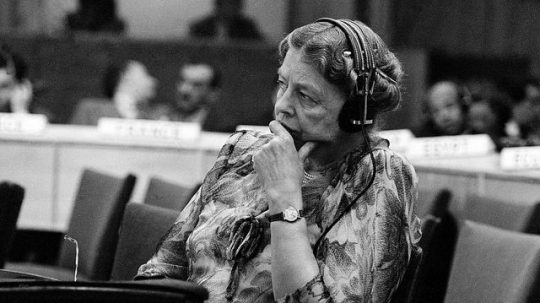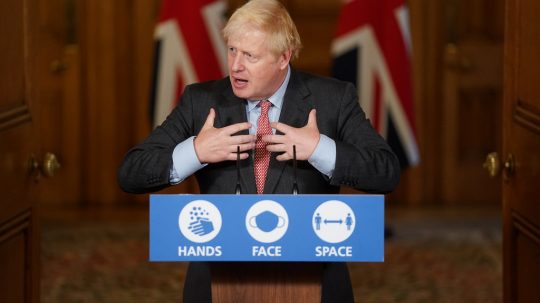As they evolve and come under scrutiny, what constitutes our human rights in the United Kingdom is hotly contested. The first of a series, this piece takes us through the history of human rights from their formal inception to the present day.
Following on from our recent editorial statement, we’re publishing a series of explainers to help demystify human rights. To better understand our fight for equality, we must discern its foundations. Here we explain what exactly our human rights are in the United Kingdom, when they were established, how they are implemented and who, if anyone, can restrict them.
Modern history
After the horrific and traumatic events of the Holocaust and the Second World War, countries around the world took stock of the atrocities which had affected millions of people. The idea that human rights should be universally respected became a worldwide concern. Global North governments made an effort to foster international peace and prevent conflict. This resulted in the formation of the United Nations in June 1945.
The UDHR marked an important shift by daring to say that all human beings are born free and equal, regardless of colour or creed. It was the first time a global agreement was reached whereby human beings, not politics, served as the central fulcrum upon which the agreement revolved.
Three years later, under the guidance of First Lady of the United States, Eleanor Roosevelt, 50 representatives from the United Nations came together. Roosevelt led these countries to devise a list of all the human rights that everybody across the world should enjoy. Though these weren’t ratified as universal laws, they served as guidance for countries to adopt.
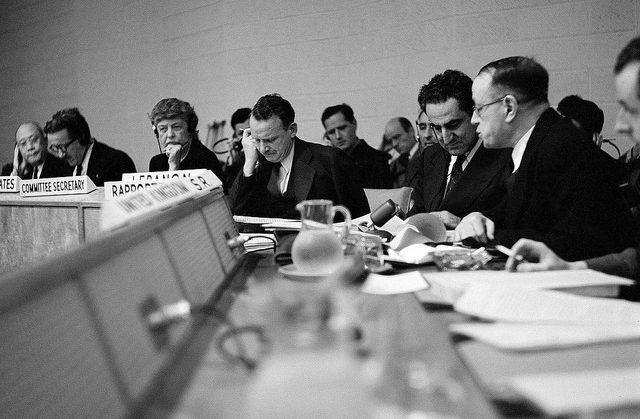
Partial view of the first meeting of the 8-member Drafting Committee on International Bill of Rights, Commission on Human Rights, appointed by Mrs. Eleanor D. Roosevelt, Commission Chairman. Members of the committee at table are from left to right : Dr. P.C. Chang, China, Vice-Chairman; Henri Laugier, Assistant Secretary-General in charge of the UN Department of Social Affairs; Mrs. Eleanor D. Roosevelt, USA, Chairman; Prof. John P. Humphrey, Canada, Director of the UN Human Rights Division; Dr. Charles Malik, Lebanon, Rapporteur; Prof. Vladimir M. Koretsky, USSR. UN Photo 09 June 1947 United Nations, Lake Success,New York
On 10 December 1948, the General Assembly of the United Nations announced the Universal Declaration of Human Rights (UDHR): 30 rights and freedoms which belong to every one of us. These rights form the basis for all international human rights law.
The UDHR marked an important shift by daring to say that all human beings are born free and equal, regardless of colour or creed. It was the first time a global agreement was reached whereby human beings, not politics, served as the central fulcrum upon which the agreement revolved. Built upon the foundational idea that individuals need to be protected from the abuse of state power, the UDHR functions as a guide for countries around the world to follow.
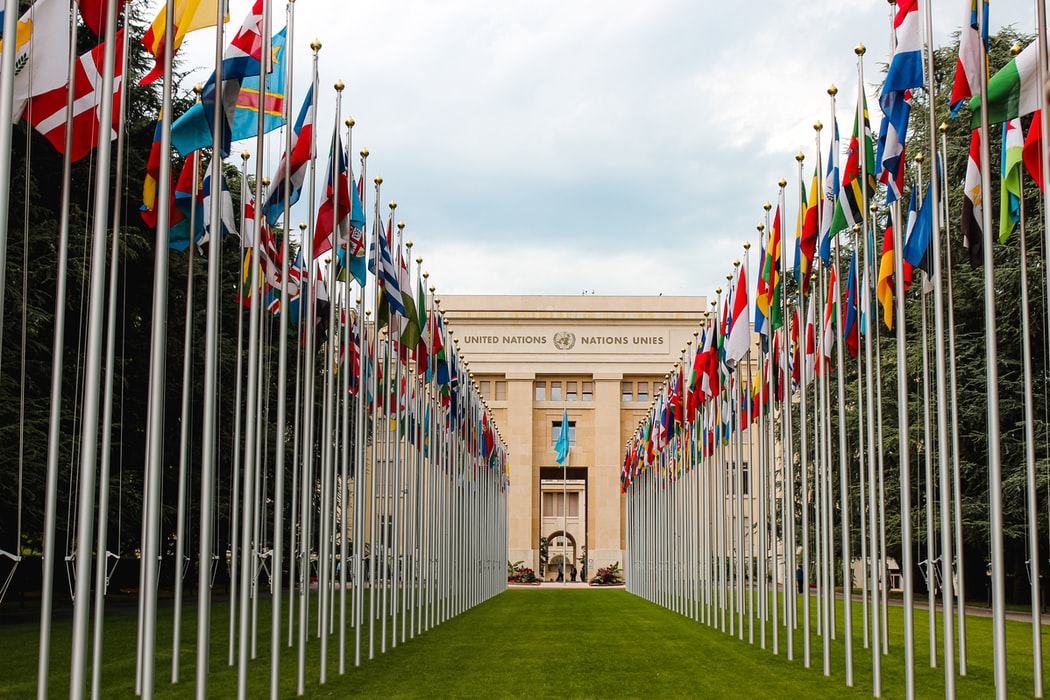
The United Nations office in Geneva, Switzerland (Credit: Unsplash/Mathias P.R. Reding)
These rights and freedoms included the right to asylum, the right to freedom from torture and the right to free speech. Civil and political rights were also included, such as the right to life, liberty and privacy, and the agreement extended to economic, social and cultural rights like the rights to social security, health and education.
A full list of the rights can be found here.
Two years later, in 1950, the European Convention on Human Rights (ECHR) was drafted by the newly formed Council of Europe. Ratified in 1953, the rights it contains are built upon the same principles as the UDHR and protect the human rights of people in countries, like the UK, that belong to the Council of Europe (as distinct from the European Union, which is separate and came later). The European Court of Human Rights applies and protects these rights and guarantees, a full list of which can be found here.
How Are Our Human Rights Protected in the UK?
The human rights of individuals in the United Kingdom are protected by the Human Rights Act of 1998. Passed with cross-party support by parliament, the Act does not belong to any single political party. Receiving Royal Assent on 9 November 1998, the Act came into force on 2 October 2000. Essentially, the Act gives effect in UK law to the rights set out in the European Convention on Human Rights. It takes 16 of the fundamental human rights in the ECHR and brings them into law in the United Kingdom.
These rights are as follows:
- Article 2: The right to Life
- Article 3: The right not to be tortured or treated in an inhuman or degrading way
- Article 4: The right to be free from slavery or forced labour
- Article 5: The right to liberty
- Article 6: The right to a fair trial
- Article 7: The right not to be punished for something which wasn’t against the law when you did it
- Article 8: The right to respect for private and family life, home and correspondence
- Article 9: The right to freedom of thought, conscience and religion
- Article 10: The right to freedom of expression
- Article 11: The right to freedom of assembly and association
- Article 12: The right to marry and found a family
- Article 14: The right not to be discriminated against in relation to any of the human rights listed here
- Protocol 1, Article 1: The right to peaceful enjoyment of possessions
- Protocol 1, Article 2: The right to education
- Protocol 1, Article 3: The right to free elections
- Protocol 13, Article 1: Abolition of the death penalty
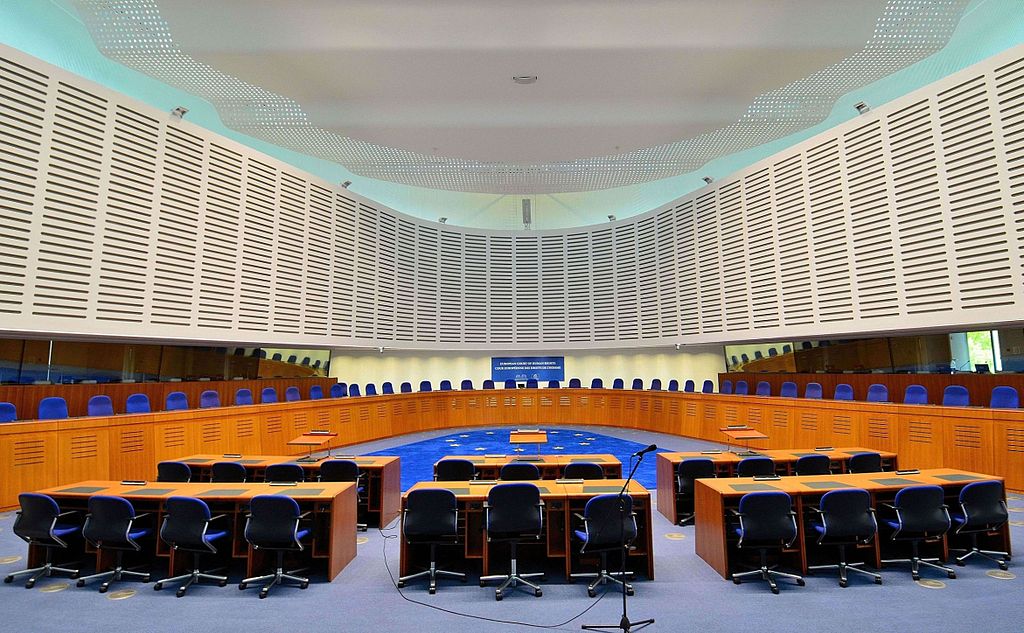
Courtroom of the European Court of Human Rights (Credit: Wikimedia)
Public authorities, such as the NHS, must safeguard these rights. Private organisations which carry out public functions, such as prisons, must also ensure these rights. Human rights must be respected across the board and public authorities must follow the Human Rights Act (HRA) in everything they do. For example, if your life is in danger, public organisations like the NHS or the police must protect you, otherwise they will be in breach of Article 2 of the HRA which protects your right to life.
Individuals cannot take action against other individuals or private organisations because of a breach of the HRA. Exceptions can be made and upheld in a court of law in the case of an unfair dismissal from work. This is because courts are public authorities and they must take account of human rights in all cases they hear. It is always best to contact lawyers and those who work within human rights law to get clarity on an individual situation.
Individuals can access the European Convention on Human Rights on the European Court of Human Rights website here. Further reading on Human Rights in the UK can be found here.
Part 2 will discuss social justice and human rights.

